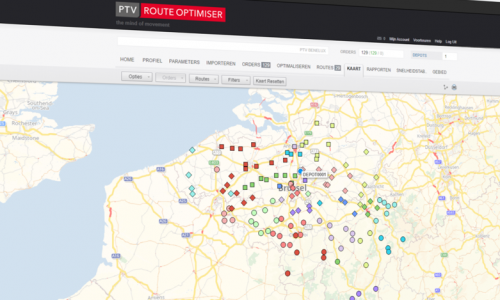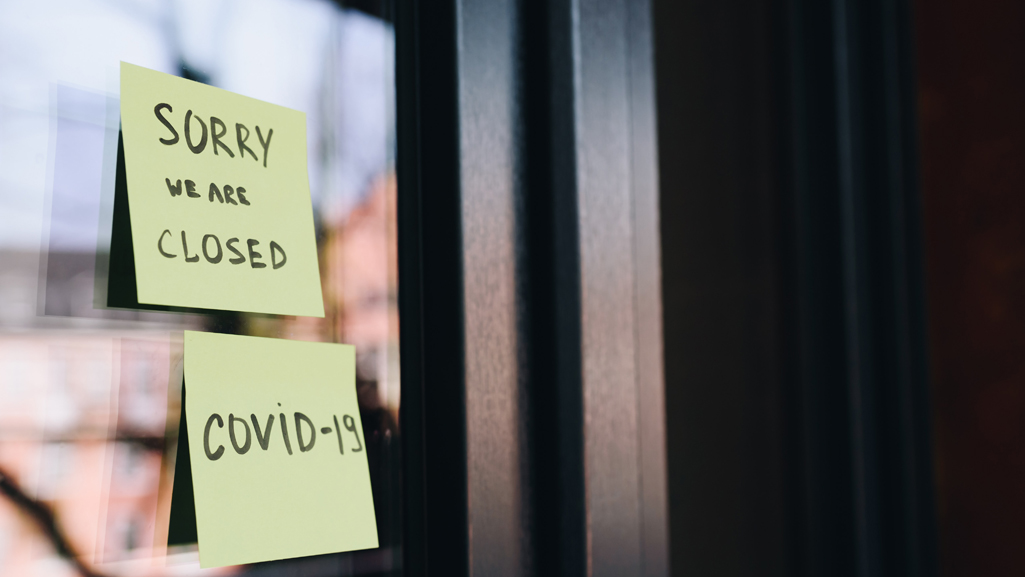Tourism, restaurants, retail – many sectors are hit hard by the coronavirus crisis. Belgian food wholesaler Seru Resto Service was no exception. In normal times, the company delivers a variety of products across Flanders: from fresh to frozen, to restaurants, brasseries and hotels. With the catering industry completely paralyzed by the COVID-19 lockdown, its revenue has fallen by 90%. But then, the Seru Resto Service used a creative solution to turn things around: A delivery services for consumers.
Together with food wholesalers Delva and Vlaemynck, Seru has made a virtue of necessity. “Meat wholesaler Delva had the idea to set up a web shop for some time. Now, that regular turnover has disappeared, they immediately went with this idea”, explains Mattijs Seru, a manager at Seru Resto Services.
The online shop was quickly set up. The first food deliveries were made to customers around the coastal city of Veurne. Mattijs Seru is responsible for the range of drinks, dairy, frozen and dry food such as pasta, rice and chocolate. In addition, the company takes care of the distribution. “Orders placed before 7pm today will be delivered tomorrow afternoon. Every night I make the route planning for the two trucks that go on the road the following afternoon,” he says.
Route schedule in 30 minutes
In the first few days after the launch of the delivery service, planning of the delivery routes was not a big problem. There were 20 or 30 deliveries par day, says Seru, so he planned the routes manually.
But that number increased daily. “We had 112 deliveries at one point”, he says, “it took me two to three hours every night to plan the routes. Suddenly we had to deliver in small streets that we did not know.”

To address this challenge, Mattijs Seru tested several online route planners, but without success. “Some streets were not recognized by the software at all. If they were recognized, we were led to a street in America, for example.”
But then he came across the cloud version of PTV Route Optimizer planning software and started using it. Seru can now easily import the Excel file with the online shop orders into the cloud software. It only takes a few edits. The entire route planning process now takes him only half an hour.
No more detours
“Now we only have to adjust the planning proposal from the PTV system a few times. Then we finalize the route planning and print out the routes,” Seru explains, “We can include names and receipt numbers in the route planning. This is handy, because we can easily place the deliveries in the right order. This is also useful in consolidating the deliveries from the three wholesalers and loading the trucks in the correct order.”
The planning has improved a lot, the manager notes. The drivers drive fewer kilometers than previously. “Before, a driver had often to drive back or make a detour because he had forgotten to stop by one of the customers. That no longer happens. Because the planning now takes less time, I have more time to prepare the company before the catering industry opens again.”
